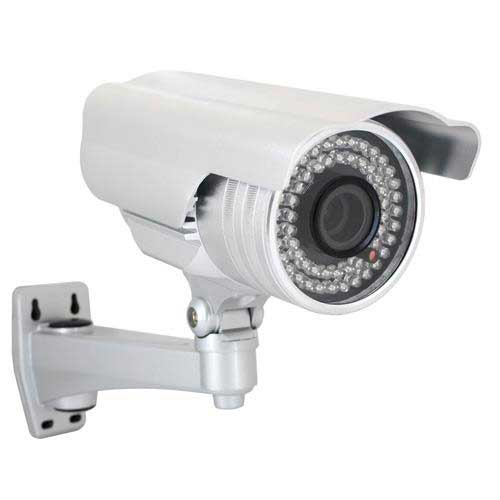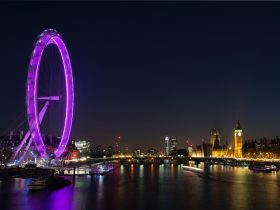The domestic use of CCTV cameras is rapidly growing across the UK. Our home security has become top priority so protecting our families and property has never been more important. Wherever we go these days, a CCTV camera is never far away, of course this is no problem for those of us who do not break the law, however understanding the guidelines for domestic use and how these relate to the law is important.
Understanding the Law
CCTV obviously helps to convict criminals, so all activity caught on camera is valuable. Although guidelines under the Data Protection Act 1998 do apply to its use on domestic property as well as businesses’ and other organisations, there is a distinction between capturing criminal activity and the privacy of the individual. It boils down to due diligence. Most people that buy a CCTV monitoring system for their home do so with security in mind. It can help the police with a prosecution, if a crime has been committed, for example if a car has been stolen from outside your house or anti-social behaviour is proving a problem in the neighbourhood then footage could be used to aid a case. The law states that you cannot stop your neighbour installing this device or any type of video recording device in a residential area.

What are the benefits of using CCTV?
The benefits of CCTV systems are huge, it not only deters intruders but also trespassers so it has a totally legitimate use. However it’s important to consider when you could be breaking the law yourself. Home installation of a camera does not fall under the jurisdiction of the Data Protection Act if it has been installed properly and is being used for the purpose that it was designed for, i.e. home security. There has been a recent surge of complaints by neighbours who believe they are being watched. So if a camera was fitted and pointed directly at another neighbour’s property and it was suspected that you were trying to catch footage of someone’s day to day life, then a case could be made against you which would be covered under the Human Rights Act. It could be argued that you were contravening their privacy and that the system was being used for voyeuristic or harassment purposes. At this point the police would become involved unless you were prepared to modify the system or change camera angles where necessary.
CCTV cameras that are purely designed for home use have cameras that only capture data that can be broadcast within the security system itself. This means that it cannot be transmitted or received from or to any other device. Modern cameras are compact, low key and accurate high-resolution so it is possible to identify everything that has been filmed. There are different options built into the system so the recordings can be loaded onto a personal computer or DVD. Violation occurs when this footage is transmitted elsewhere for example on social media sites. Always talk to a professional expert to determine what solution best suits your needs!
Harry Price is a freelance writer, living on the south coast with his wife and 3 dogs. He loves living by the sea and finds his beautiful picturesque surroundings inspiration for his work.
























